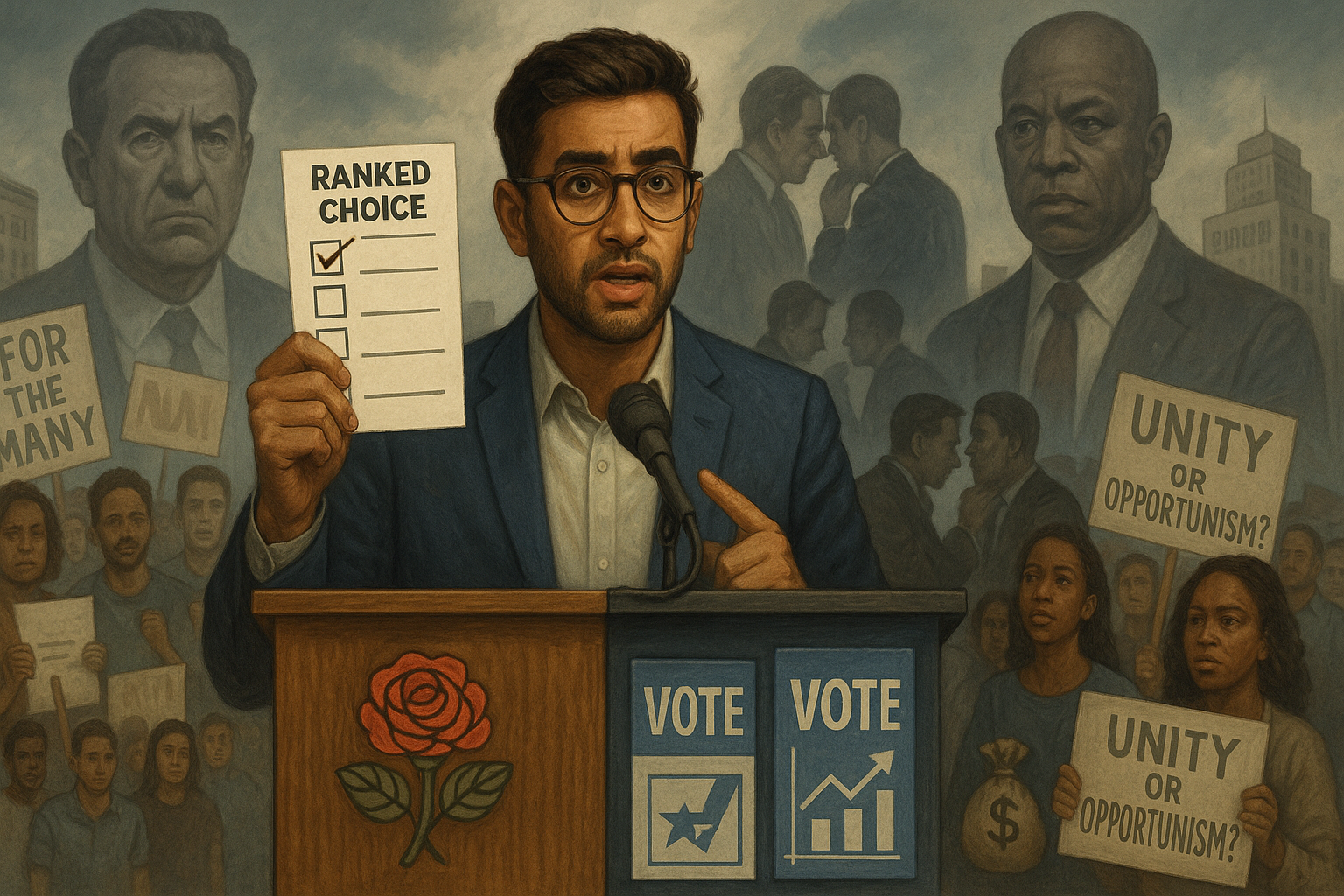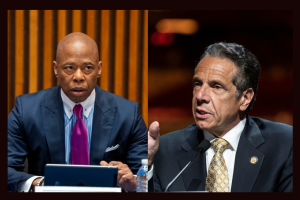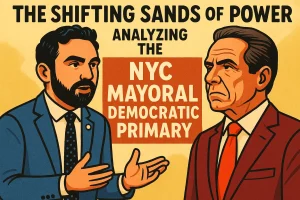By Aamir S. Kumar
In a political landscape often characterized by calculated moves and carefully worded statements, Assemblymember Zohran Mamdani’s recent remarks regarding his endorsement strategy in New York City’s ranked-choice voting system have sparked considerable debate. The core of the controversy lies in his apparent recommendation to vote for a candidate as “number one,” not necessarily due to their direct alignment with his platform but as part of a larger, seemingly pragmatic effort to achieve broader political goals. While presented with a clear rationale, this strategy raises questions about self-interest, voter manipulation, and the evolving dynamics of democratic politics in New York City.
Mamdani, a prominent figure among the Democratic Socialists of America in Queens, offered a seemingly straightforward explanation for urging donations and support for a candidate who might not be his ideological twin. His statement, “Why would I be asking you to donate to her? Because we are all running together to defeat Andrew Cuomo, to defeat Eric Adams’ second term, which is what Andrew Cuomo is running for,” frames the endorsement as a tactical maneuver against perceived political adversaries. He emphasizes the need for all allied campaigns to have sufficient resources to “share that message with as many New Yorkers as possible,” suggesting a collective effort to shift the political power balance in the city.
However, the interpretation of Mamdani’s remarks as “self-serving” is not without merit. In a ranked-choice system, a candidate’s primary goal is, understandably, to secure their election. While the narrative of collective action against powerful figures like Cuomo and Adams is compelling, it is also plausible that Mamdani’s strategic endorsement is designed to maximize the chances of a broader “progressive” bloc gaining power, within which his influence would undoubtedly increase. This perspective suggests that the “defeat” of opposing figures is not solely about public good but also about creating a more favorable political environment for his agenda and re-election.
The criticism that “poor Democrats in NYC [are] manipulated as usual” speaks to a cynical view of political maneuvering. In a ranked-choice system, voters are encouraged to rank candidates in order of preference, ideally reflecting their genuine choices. When a prominent figure like Mamdani suggests a specific “number one” vote that might diverge from a voter’s intrinsic preference, it can be perceived as an attempt to steer voter behavior rather than empower individual choice. If successful, this manipulation could undermine the spirit of ranked-choice voting, which aims to provide voters with a more nuanced expression of their preferences.
While presented as a broad strategic vision, Mamdani’s rationale undeniably centers on the outcome of his own political movement. The idea of “running together” to defeat opponents is inherently tied to the success of individual candidates within that coalition. Thus, while the public-facing message is about a collective struggle, the underlying motivation likely includes a strong self-preservation component and advancing his political career and ideological platform.
In conclusion, Zohran Mamdani’s remarks illuminate the complex and often contentious nature of political endorsements in a ranked-choice voting system. While his stated goal of uniting against common adversaries holds a degree of appeal, the criticism that his remarks are “self-serving” and potentially “manipulative” highlights the inherent tension between individual political ambition and the pursuit of broader ideological goals. The debate surrounding his strategy underscores the ongoing challenge for voters to discern genuine collaboration from calculated political maneuvering, especially in an electoral system designed to encourage more nuanced and strategic voting.




